Congratulations to the Southern Medical Program Class of 2021! Meet some of our newest graduates and hear about where they’re headed next.
 Name: Gabby Levesque
Name: Gabby Levesque
Hometown: Penticton, BC
What attracted you to the field of medicine?
Ever since my Grade 12 Biology class, I was fascinated to learn about the intricacies of the human body. I also knew that I wanted to work with people, so medicine seemed like the perfect fit! I am so honoured to be a part of the medical community, providing comprehensive and compassionate care to the population of BC.
What is your favourite moment from your time at UBC?
It is very difficult choosing just one moment from my time at UBC. I loved playing intramurals, our lunchtime workouts, going on a helicopter ride on my rural family medicine rotation and delivering my first baby. I will cherish all these memories and everyone who was a part of them – especially winning gold against the other SMP soccer team!
What is one piece of advice you have for students entering medical school?
I think it’s important to remember that medicine is a career with lifelong learning. It can get very overwhelming and stressful, so it is important to remember to take care of yourself and have a good support network. Take that evening off to watch your favourite movie or go to your favourite restaurant. As cliché as it is, medicine really is a marathon, so take it one step at a time.
What is one small pleasure that brings you joy?
I love spending time outside. Whether playing soccer, beach volleyball, camping or just sitting in the sun, this is my happy place and where I recharge the most.
What’s next for you?
I’m extremely excited to be moving to Vancouver to start my Orthopaedic Residency program at UBC. I’m so thankful for everyone who has supported me to this point and look forward to the incredible journey ahead!
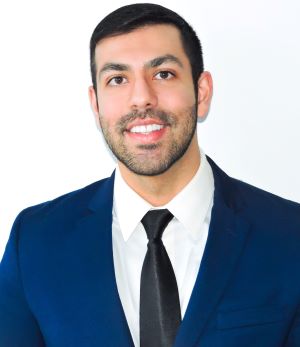 Name: Parm Khakh
Name: Parm Khakh
Hometown: Kelowna, B.C.
What attracted you to the field of medicine?
Medicine is a field that allows us to work alongside patients when they’re at their most vulnerable and to educate them and their families on disease pathology. We get to work in compassionate and cohesive team environments, with everyone having a unified goal. The opportunity to make a difference in someone’s life as you provide support, knowledge and care is what made me interested in becoming a physician.
What is your favorite moment from your time at UBC?
One of my favorite memories was getting to celebrate with the class of 2022 during their SMP visit. It was a great weekend to unwind and make some unforgettable memories with the SMP crew.
What is one piece of advice you have for students entering medical school?
Don’t forget to enjoy the little things and to make time for your loved ones! This journey never gets less daunting, but you will become an outstanding physician, so enjoy the process and make it a goal to have fun!
What is one small pleasure that brings you joy?
Listening to my favorite comedian’s podcasts while hiking and laughing-out-loud as I struggle up the mountain.
What’s next for you?
I am super stoked and grateful to be joining the Internal Medicine team at Queen’s University! I cannot wait to start this next chapter and I’m so fortunate to have had the opportunity to train at SMP. Thank you all for helping me become the person I am today!
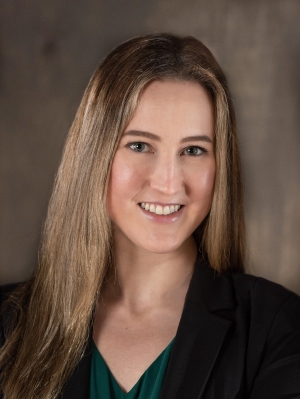 Name: Lenina Howatt
Name: Lenina Howatt
Hometown: Manitou, MB
What attracted you to the field of medicine?
It’s cliché, but true: helping others. There are few things that people value over their own health and the health of their loved ones. It is an immense privilege to be a physician and I can’t think of a better field to be in the service of others.
What is your favourite moment from your time at UBC?
I’ll never forget taking the ferry from Horseshoe Bay across Howe Sound, ultimately destined for Sechelt where I completed my Rural Family Medicine rotation. I was absolutely stunned at the beauty of the fjord and overcome with gratitude at being able to live, work, and play in such an epic outdoor paradise.
What is one piece of advice you have for students entering medical school?
Throughout your medical training, you will come to know the importance of having compassion for your patients. This importance cannot be overstated. I would just like to remind you to also have compassion for yourself as you navigate the challenges of medical school. It won’t always be easy – be kind to yourself!
What is one small pleasure that brings you joy?
Watching my 6-month-old kitten, Nala, rip around the house during her evening “zoomies.” She is hilarious and it is such a joy to have her company.
What’s next for you?
I’m beyond excited to soon move to Victoria to complete residency training in Family Medicine! I’ve thoroughly enjoyed my time in the Interior, and I can’t wait to continue exploring this amazing province as an Islander. I hope to incorporate Enhanced Rural training into my residency, with a long-term plan of practicing family medicine and growing roots in a small community in BC.
 Name: Lebohang Kolisang
Name: Lebohang Kolisang
Hometown: Johannesburg, South Africa (Canadian hometown: Prince George!)
What attracted you to the field of medicine?
I was fortunate to grow up with a physician father who has been one of my biggest role models since I was a child. However, I wasn’t entirely sure I’d pursue medicine until I started my undergraduate degree at UNBC where I was blessed to be part of an incredibly supportive community that really encouraged us to achieve our dreams. During those years I realized medicine would be a wonderful way to combine my love for sciences with my love for people. I also really enjoyed watching the TV show Scrubs!
What is your favourite moment from your time at UBC?
Oh my goodness, there are far too many. Every single weepers event and celebration after an exam are some of my most precious memories shared with classmates. I also extremely enjoyed our portfolio small group sessions during 3rd and 4th year. They were a wonderful reminder of how we’re all going through this together. Finally, there are countless memories of meaningful interactions with patients during some of the most vulnerable moments of their lives that will stay with me for the rest of mine.
What is one piece of advice you have for students entering medical school?
These next few years are going to fly by. Don’t focus solely on the destination, but be sure to find joy in the journey. Oh, and don’t underestimate the importance of self-care! Be aware of the things that energize and revitalize you and make time for them.
What is one small pleasure that brings you joy?
Playing guitar. I could play for hours and hours and never get bored!
What’s next for you?
Beyond ecstatic to be completing my next chapter of training in Anesthesiology at the University of Calgary.
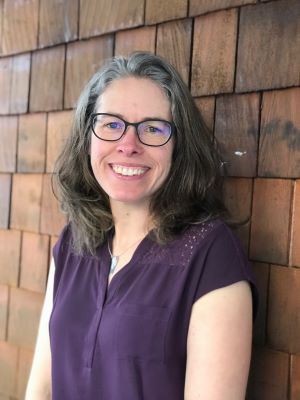 Name: Kelsey Furk
Name: Kelsey Furk
Hometown: Revelstoke, grew up in Vancouver
What attracted you to the field of medicine?
The opportunity to connect and contribute in a meaningful way.
What is your favourite moment from your time at UBC?
I really enjoyed the first two years in Kelowna with the great teaching and support staff and a close group of students.
What is one piece of advice you have for students entering medical school?
Maintain your social connections and the activities that bring you joy. Be prepared to move a lot!
What is one small pleasure that brings you joy?
Spending time in the rainforest with friends.
What’s next for you?
I’m off to Rossland for family medicine residency and hope to return back home to Revelstoke when I am finished.
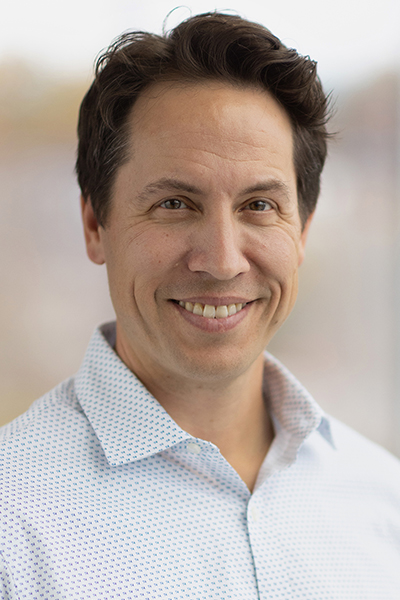

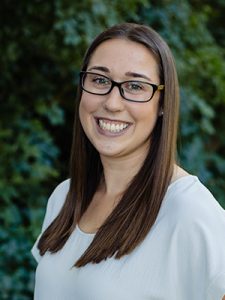 Name: Taiysa Rouault
Name: Taiysa Rouault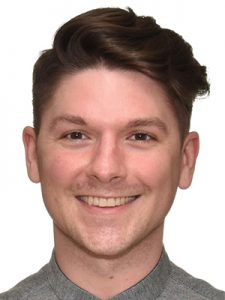 Name: Derek Dionne
Name: Derek Dionne Name: Bhavan Panghali
Name: Bhavan Panghali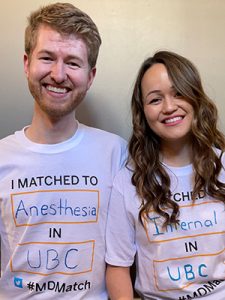 Name: Blake Birnie
Name: Blake Birnie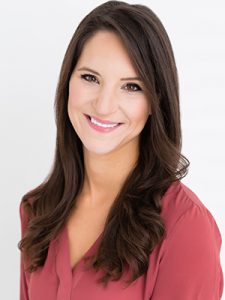 Name: Daria Hutchinson
Name: Daria Hutchinson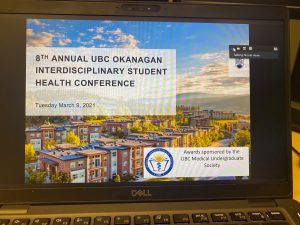 An audience of over 120 students, adjudicators, volunteers, and participants attended the virtual 2021 UBC Okanagan Interdisciplinary Student Health Conference on March 9, 2021.
An audience of over 120 students, adjudicators, volunteers, and participants attended the virtual 2021 UBC Okanagan Interdisciplinary Student Health Conference on March 9, 2021.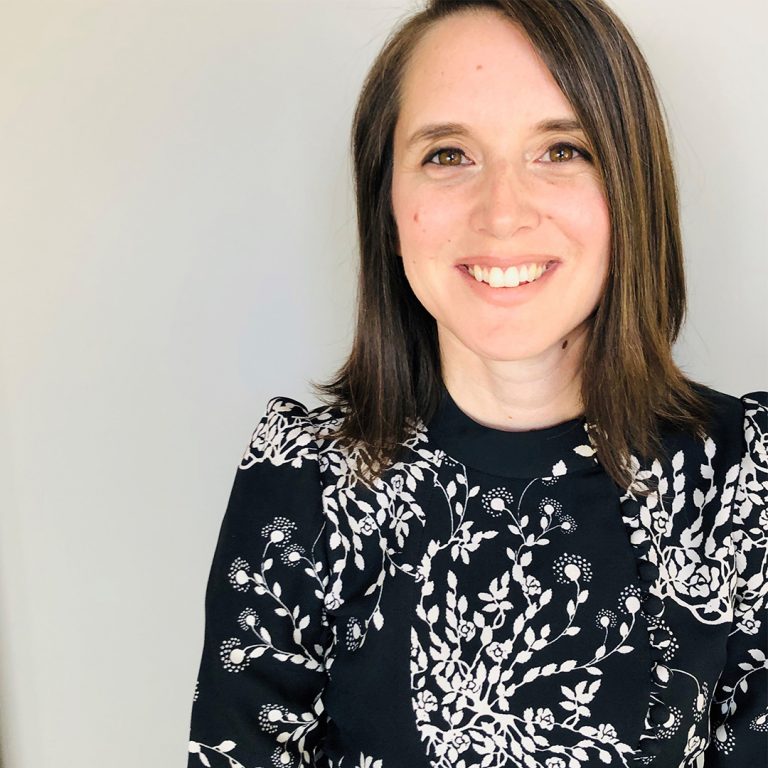 Meet Dr. Hilary Baikie, an obstetrician-gynecologist based at Royal Inland Hospital in Kamloops.
Meet Dr. Hilary Baikie, an obstetrician-gynecologist based at Royal Inland Hospital in Kamloops.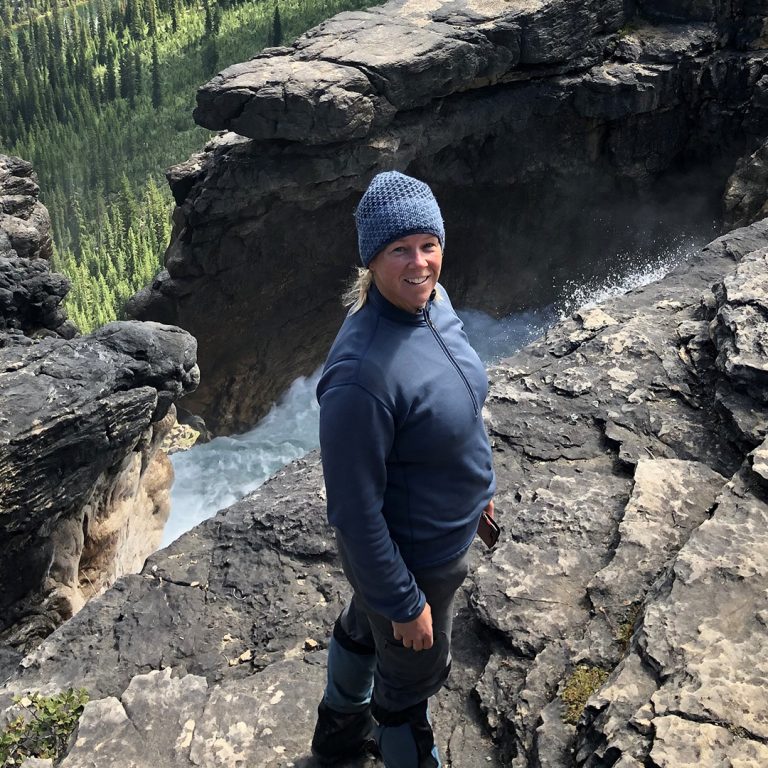
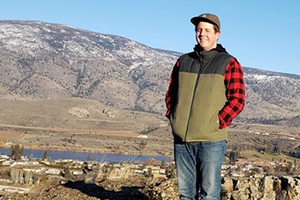 Name: Dr. Travis Thompson, SMP Class of 2016
Name: Dr. Travis Thompson, SMP Class of 2016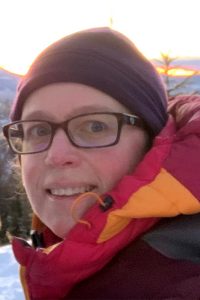 Dr. Tara Gill has been appointed the new Site Director for the Trail Integrated Community Clerkship (ICC) for the Southern Medical Program (SMP). As part of the leadership transition, Dr. Gill will work alongside the current Site Director Dr. Libby McCoid for the next six months. Dr. Gill is an emergency physician at Kootenay Boundary Regional Hospital (KBRH) and a Clinical Instructor with the UBC Faculty of Medicine.
Dr. Tara Gill has been appointed the new Site Director for the Trail Integrated Community Clerkship (ICC) for the Southern Medical Program (SMP). As part of the leadership transition, Dr. Gill will work alongside the current Site Director Dr. Libby McCoid for the next six months. Dr. Gill is an emergency physician at Kootenay Boundary Regional Hospital (KBRH) and a Clinical Instructor with the UBC Faculty of Medicine. Dr. Daryl Wile has been appointed Clinical Investigator with the Centre for Chronic Disease Prevention and Management (CCDPM) based at the Southern Medical Program (SMP). Dr. Wile is a Kelowna-based neurologist and Clinical Assistant Professor with the UBC Department of Medicine’s Division of Neurology. He most recently served as the Clinical Education Leader for Neurology for the SMP and affiliate investigator with the CCDPM.
Dr. Daryl Wile has been appointed Clinical Investigator with the Centre for Chronic Disease Prevention and Management (CCDPM) based at the Southern Medical Program (SMP). Dr. Wile is a Kelowna-based neurologist and Clinical Assistant Professor with the UBC Department of Medicine’s Division of Neurology. He most recently served as the Clinical Education Leader for Neurology for the SMP and affiliate investigator with the CCDPM.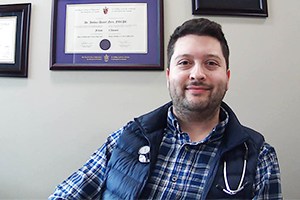 Name: Dr. Joshua Nero, SMP 2015
Name: Dr. Joshua Nero, SMP 2015